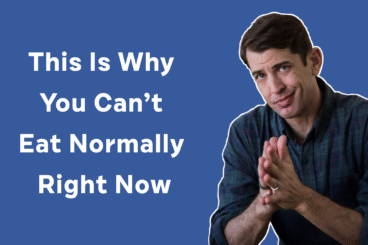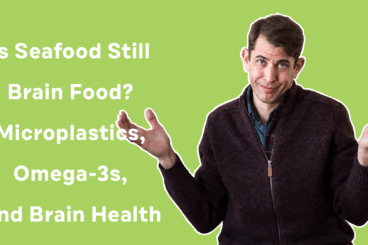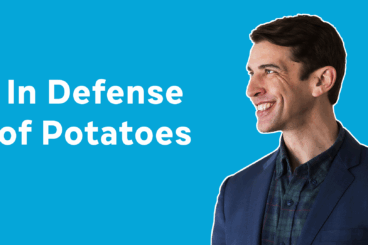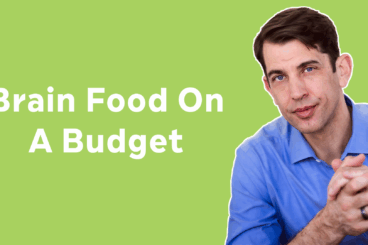Let’s talk about six must read books when it comes to nutrition and mental health. When we’re thinking about what to eat when it comes to supporting our mental health, there is so much new research. There’s so much data that’s coming out every day and so many new concepts, whether it’s the microbiome or inflammation or ketosis, there’s so much to learn about. These books are the best when it comes to up-leveling your knowledge, keeping up to date on everything, and also actualizing this research, meaning taking nutritional psychiatry into your home, into your kitchen, into the farmer’s market and grocery store, and making sure you’re walking the talk of nutritional psychiatry. So let’s get into these six great books.
First off, is A History of the Human Brain. let’s get on the same page of what we’re feeding, the human brain, made up of the most complex set of cells in the known human universe, 90 billion neurons. Where did it come from and and what nutritional milieu did it emerge in? Well, that’s what this book is all about. This is written by a wonderful physician and science journalist and good friend who unfortunately has passed Bret Stetka. He gets into the details of evolutionary biology, really thinking about where the brain came from, but through a nutritional lens. Brett was fascinated with nutritional psychiatry. So this is just a wonderful book to orient yourself to the science, who are the experts of where the human brain came from and what are its nutritional needs.
Next up is an absolute Goliath of a book in the field, This is Your Brain on Food by Uma Naidoo, MD. She is a professor of lifestyle and nutritional psychiatry at Harvard University. She’s created this compendium of all of the research, whether it’s OCD, ADHD, depression or schizophrenia, really any mental health concern. She’s pulled together all of the data and the clinical implications along with a great set of food recommendations. So check this one out.
I wanted to make sure I included a cookbook or two in here so next up is my cookbook from 2016, Eat Complete. I think it’s the first cookbook to really use the phrase nutritional psychiatry and to focus all of the recipes on nutrients for mental health. So we took the 21 most important nutrients for mental health and found all of the foods that were the top in those nutrients in terms of nutrient density, and then we put them together to create the recipes. So these recipes are intentionally nutrient dense and I spent a lot of time going over each and every number trying to make sure we knew exactly how many milligrams of B12 or omega 3 fats you’d get in every bite. So check out Eat Complete.
If you’re interested in ketosis and the paleo diet, this book is for you. It’s called Brain Energy by another Harvard psychiatrist, Chris Palmer, MD. This book is fascinating, especially right now as there’s so much interest in metabolism. There’s a whole new field, metabolic psychiatry that’s emerging and the whole idea behind this book is to get into ketosis and to show us where there’s a lot of research. We’ve known for so long about pediatric epilepsy and ketosis. A lot of us have seen these case reports, mostly people with bipolar two disorder, getting on a lower carb or more ketone friendly diet. So this is a great book that gets into everything from sleep to addiction and all around how ketones work in the brain and in your mitochondria.
Next up is another cookbook called The Brain Health Kitchen. I’m a little biased because I know Annie Fenn, MD. She’s an OBGYN physician for 30 years and then she got interested in culinary medicine in part because her mom has dementia which she goes into in this book. It’s just such a wonderful tribute to the food as medicine movement and I think it’s the most beautiful, tastiest cookbook around brain health that’s ever come out. I just adore this book. It’s got a chapter on olives, a chapter on beans and lentils. So check out Dr. Fenn’s amazing cookbook, The Brain Health Kitchen.
Last but not least, Eat to Beat Depression and Anxiety. This is my most recent book really going over the new science of depression and anxiety with a lot of illustrations reviewing the nutrients, why they matter to the brain, going through food categories and helping you with new concepts, such as neuroplasticity, inflammation, and the microbiome. Also, the book ends with a six week plan to try and get you jump started in a goal of eating to feed your mental health.



